Suzanne Kahn, a consultant who has been working with us as part of our History of Philanthropy project, recently finished a case study on the founding and growth of the Center on Budget and Policy Priorities (CBPP), a well-regarded D.C. think tank that focuses on tax and budget policy with an aim of improving outcomes for low-income people.
We were interested in learning more about the history and founding of CBPP because:
- It appeared to be a successful institution that funders played a central role in helping to establish.
- Relative to many other think tanks, CBPP appears to have an unusually clear and concrete track record.
- We’ve supported CBPP’s Full Employment Project.
The report’s account of CBPP’s history and founding mirrors, in many ways, that of Center for Global Development (the subject of another upcoming case study). In particular:
- It was a funder (in this case Dick Boone, Executive Director of the Field Foundation, along with his associate Robert Stein) who first proposed the basic idea of the new organization, and approached another person (in this case Bob Greenstein) to become the founder and leader of the organization.
- The funder seems to have had little doubt about whom to approach: “Stein recalls that as they began to discuss providing seed funding for the new organization they had conceived, he and Boone never considered anyone but Greenstein for the position of executive director.” As in the case of Center for Global Development, it appears that the funder was well-connected in policy circles, and that this was helpful in identifying the right person to approach.
- The funder committed up-front support without formal restrictions and gave the founder wide latitude.
- I have the general impression that the funder put a great deal of time and energy into the organization in its early years, despite ultimately leaving most important decisions in the hands of the founder.
A couple of other things that struck me in this case study:
- The Field Foundation had previously worked with Bob Greenstein on a smaller project, and this was apparently an important input into its confidence in him. I think this is a good example of how grantmaking can improve one’s networks and lay the groundwork for future work.
- The report notes that the Field Foundation committed $175,000 in the first year and $150,000 in the second year, and asked CBPP to find other supporters so it could reduce its support after that point. I’m struck by the relatively small size of these grants, given that they were for a new organization led by an accomplished, senior founder; I would be surprised if grants of this size (even adjusted for inflation) could have a similar effect today. (By contrast, Center for Global Development had a $25 million commitment when it was started in 2001.)
